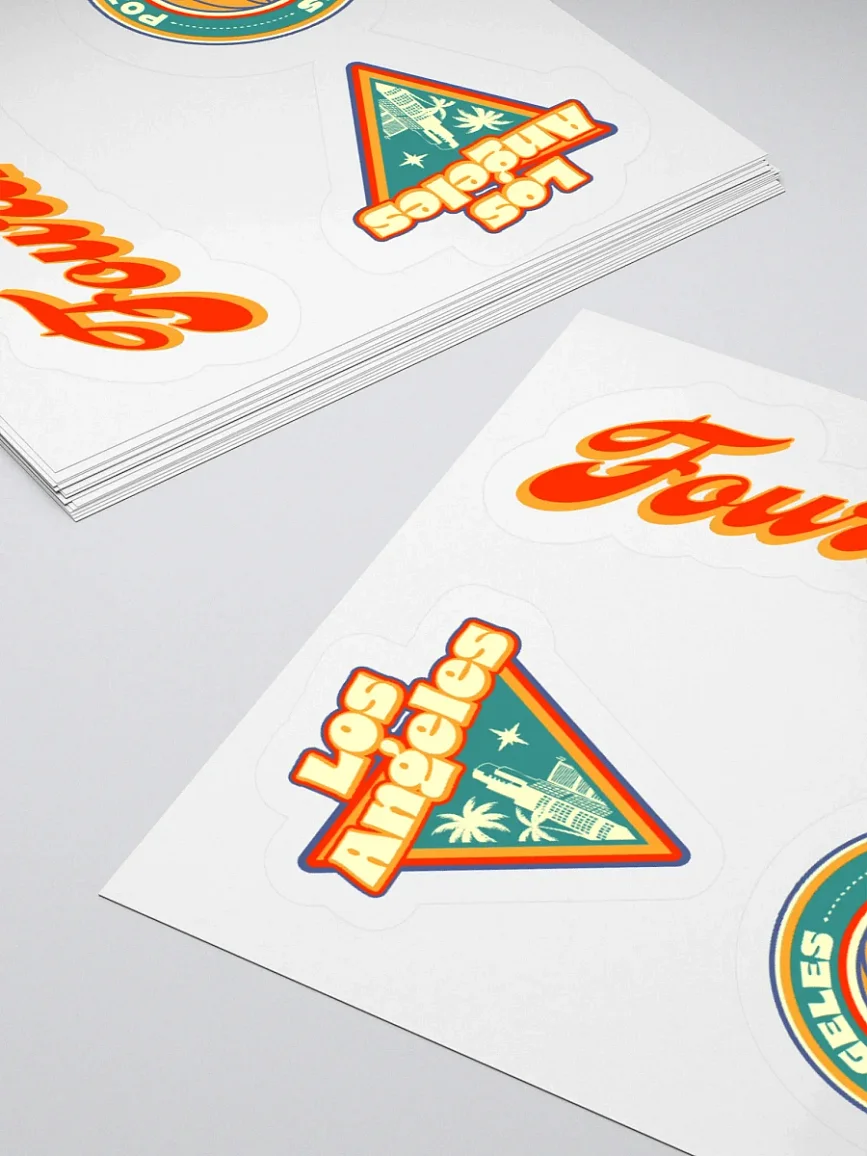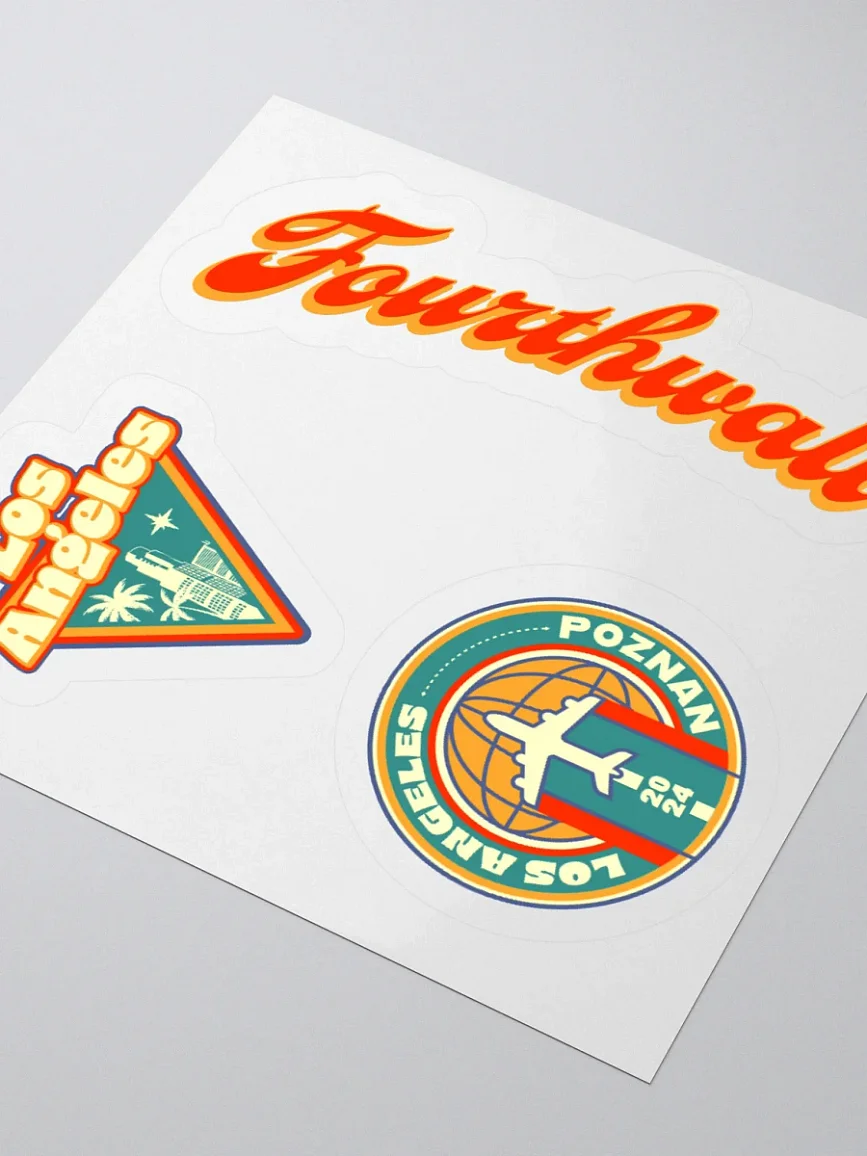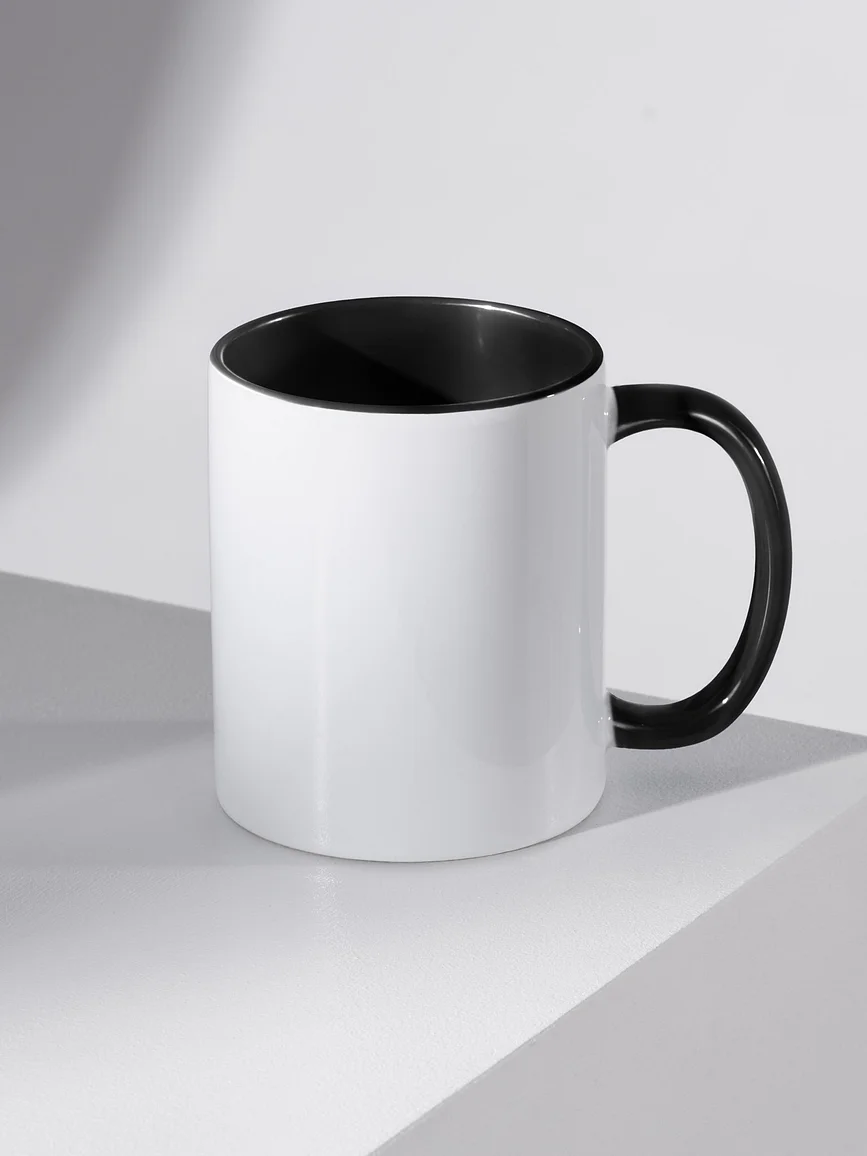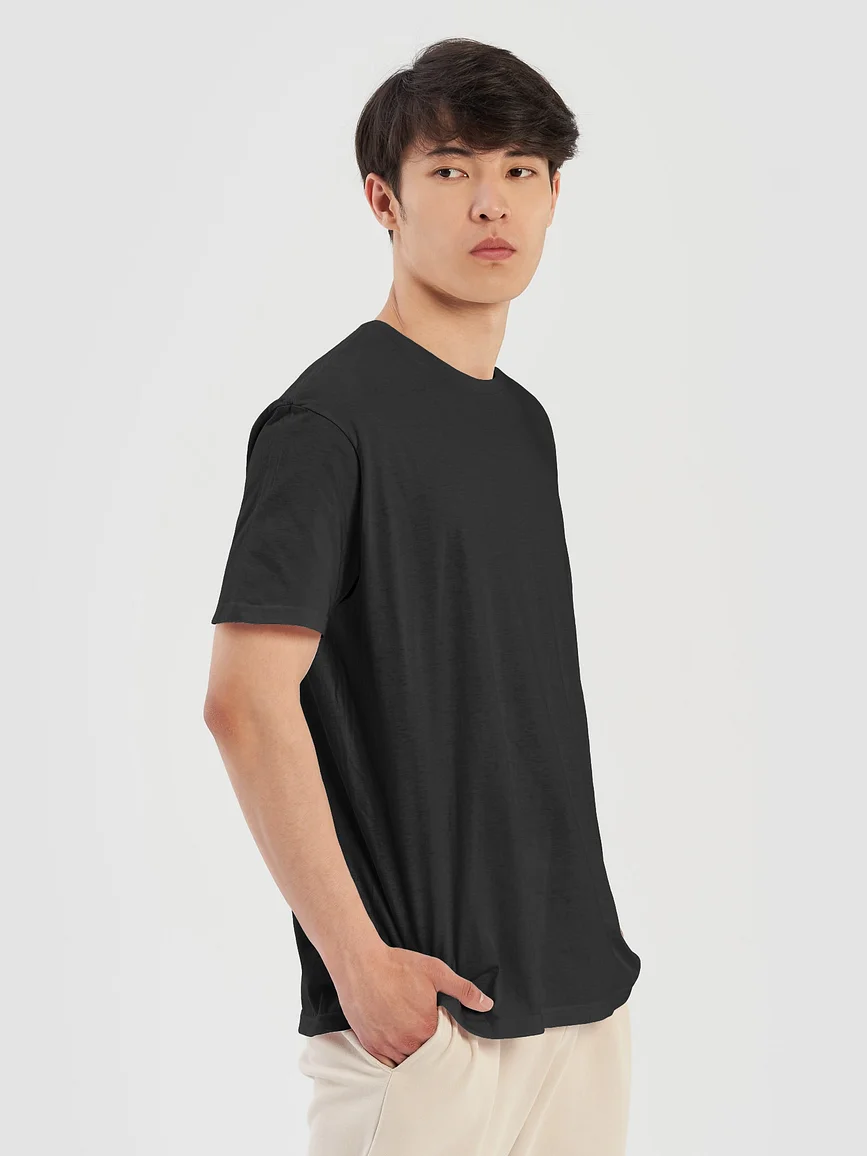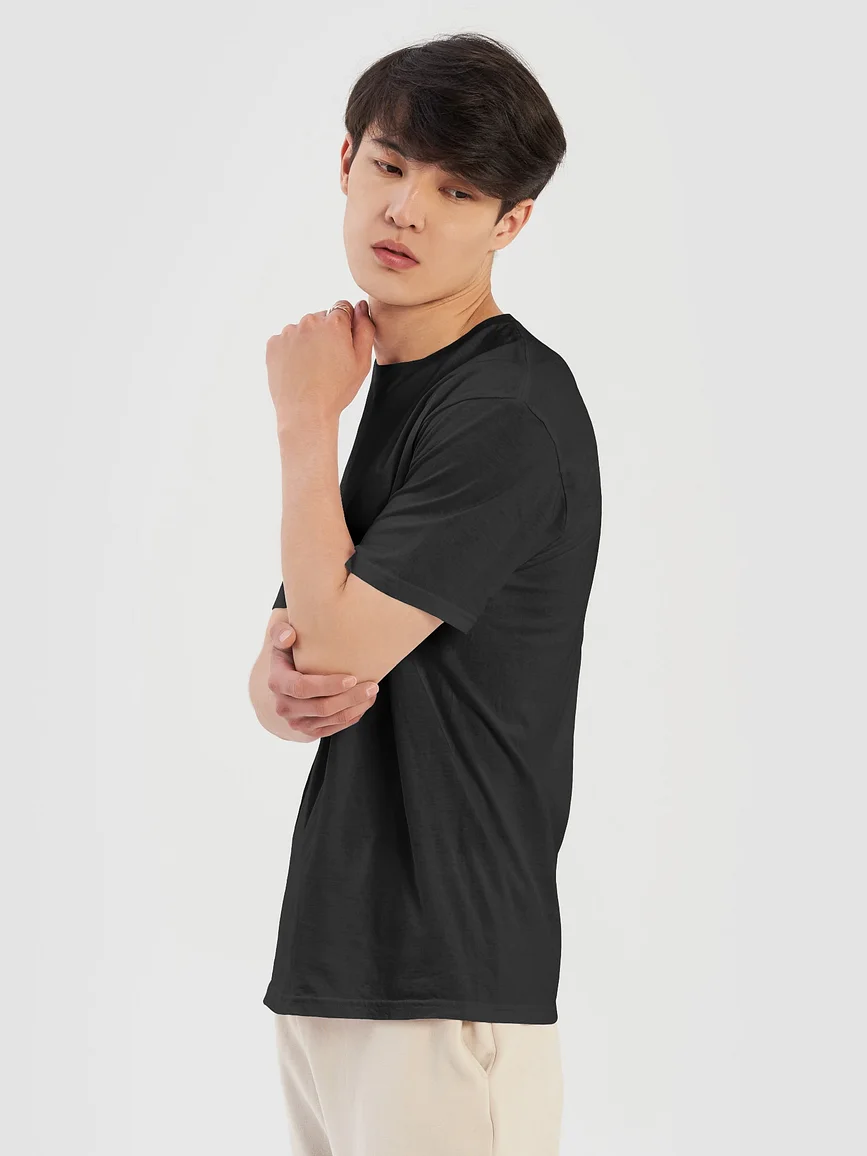Top 10 Bonfire Alternative Platforms to Explore

Success as a content creator means blending your creativity with commerce, so that you can continue your content creation work - and finding the right platform to bring your custom merchandise to life is an essential part of that process.
As the demand for personalized products and custom merch continues to grow, creators and entrepreneurs need an ecommerce solution that not only make selling easy but also offer the flexibility, pricing, and features to support their unique business goals.
While Bonfire has earned a solid reputation for crowdfunding and selling custom merch, it may not be the perfect fit for everyone, so let's look at the best Bonfire alternatives - platforms that offer advanced features, cost savings, and enhanced customization options.
What is Bonfire?

Bonfire is a custom merchandise and crowdfunding platform launched in 2012 that enables creators to design, sell, and distribute custom products without the need to manage inventory. The platform focuses heavily on print-on-demand, meaning creators can sell items like T-shirts, hoodies, and mugs without upfront costs.
Bonfire handles online printing, fulfillment, and shipping, making it easy for creators to sell products without the logistical headaches.
With features like customizable storefronts, payment processing, and integration with YouTube Merch Shelf, Bonfire has been a go-to option for many. However, recent reports revealing the platform's inconsistencies have made other platforms stand out.
Why Are People Looking for a Bonfire Alternative?
While Bonfire provides ease of use and requires no inventory management, many creators and businesses are looking at Bonfire alternatives in part because of these issues:
- Shipping Delays: Bonfire’s campaign-based model, where products are printed in batches rather than on demand, can lead to longer shipping times. This means customers may experience delays if they order outside a campaign window, which can be frustrating for those expecting faster delivery. For creators and businesses prioritizing quick turnaround times, these delays can impact customer satisfaction.
- High Costs for Limited Items Purchased: Bonfire’s pricing structure can be relatively high, especially for small or individual orders, impacting profit margins for creators who rely on affordable products to attract a wider audience. Without bulk discounts or price breaks, smaller purchases can quickly add up, making it difficult for creators to compete with lower-priced options from other platforms.
- Processing Fees on Donations: Bonfire applies an 8% processing fee on transactions; for verified nonprofits, Bonfire lowers the processing fee to 3.5%. This might work for charity organizations, but for individual creators and smaller projects, that 8% fee could feel substantial, prompting some to explore platforms with lower fees.
- Lack of Customer Service: Feedback from some users indicates that Bonfire’s customer service may not always meet expectations, with reports of slow response times or limited issue resolution. As creators grow their brands, they often require a reliable support team to ensure a smooth experience, prompting them to explore platforms with stronger, more responsive customer service.
10 Platform Alternatives to Bonfire
In this section, we’ll look at the top Bonfire alternatives, based on popularity, ease of use, custom merchandise product variety, and features. Each of these platforms offers something unique for creators, whether it’s better pricing, enhanced customization options, or a broader range of custom products. These platforms allow creators to meet their ecommerce needs, from print-on-demand to dropshipping services, providing better opportunities to sell custom merch.
1. Fourthwall

Fourthwall offers creators a comprehensive, all in one ecommerce solution tailored for selling custom merchandise and branded products, with a focus on ease of use, customization, and engagement.
From intuitive website building tools to integrated print-on-demand services, Fourthwall enables creators to set up fully branded storefronts without needing to manage inventory or fulfillment. Fourthwall's platform also supports digital products, membership tiers, and personalized mobile apps, making it versatile for monetizing both physical and digital content.
One of Fourthwall's standout features is its ability to integrate a donation box or tip button onto every site. This allows creators to accept direct support from fans. Fourthwall can also integrate seamlessly with social media platforms like YouTube, Instagram, TikTok, and Twitch, allowing creators to promote and sell directly within their content.
With robust analytics, targeted marketing tools, mockup generator, and community building features like promo codes and fan driven product development, Fourthwall empowers creators to expand their brand and build lasting connections with their audience, all without upfront costs.
Pros
- Easy, no-code setup for highly customizable storefronts.
- Free custom domain name connection.
- Integration with major social platforms for smooth promotion.
- High quality product rendering and mockups for professional presentation.
- Comprehensive analytics for optimized sales strategies.
- Accepts various payment methods including Visa, Apple Pay, and PayPal.
- Personalized mobile apps, global shipping, and efficient fulfillment.
Cons
- Limited product range in certain categories (cosmetics, consumables, sporting gear.)
2. Printful

Printful is a versatile print-on-demand platform ideal for creators seeking a broad catalog of customizable products, including apparel, accessories, and custom design home goods, without the hassle of inventory management.
With nearly 400 products and seamless integration options for major ecommerce platforms like Shopify, WooCommerce, and Etsy, Printful automates fulfillment and provides a smooth selling experience. The platform offers high-quality printing, including options for embroidery and white-label packaging, supporting a polished brand image.
Printful’s global fulfillment centers ensure efficient, affordable shipping, and its beginner-friendly interface makes it a good choice for sellers at any experience level.
Pros
- Extensive product catalog suitable for a wide range of merchandise.
- Easy integration with top ecommerce platforms.
- High quality customization options, including embroidery.
- No upfront costs with automated fulfillment services.
- User friendly tools like a mockup generator for quick product visualization.
Cons
- Higher product pricing compared to some competitors, affecting profit margins.
- Longer shipping times to certain regions.
3. Sellfy

Sellfy offers creator flexibility to sell a wide range of products, from ebooks, music, and print-on-demand apparel to other digital or physical goods, all through customizable storefronts.
With a simple setup, Sellfy supports social media integration for streamlined promotion and includes robust email marketing tools, enabling creators to expand their audience. Sellfy’s higher tier plans remove transaction fees, allowing creators to retain more profits, which contrasts with Bonfire’s more limited product range and higher dependency on marketplace fees.
Pros
- Supports both digital and physical products, offering versatility for creators.
- No transaction fees on higher tier plans, ideal for scaling profits.
- Built-in email marketing tools to help boost sales.
- Customizable storefronts for stronger branding.
Cons
- Limited customization options for storefronts compared to advanced platforms.
- Monthly subscription costs, starting at $22/month.
- Fewer options for shipping and product variety in custom merchandise.
4. Teespring

Teespring, also known as Spring, is a straightforward print-on-demand platform that caters to creators looking to sell custom merchandise with ease and no upfront costs.
Known for its beginner friendly setup, Spring allows users to design and sell products ranging from apparel like T-shirts and hoodies to accessories and home decor without handling inventory or fulfillment. One standout Teespring standout feature is its direct integration with popular social media platforms, including YouTube and Twitch, enabling creators to link their merch directly to content for enhanced visibility and audience engagement.
With a simple design tool and basic marketing options, Spring is great for creators who want a seamless way to monetize their online presence globally.
Pros
- No upfront costs or inventory management, ideal for small creators.
- Direct integration with platforms like YouTube and Twitch for easy merch promotion.
- Offers marketing tools like discount codes and social sharing options.
- Global shipping to over 180 countries.
- User-friendly design interface suitable for beginners.
Cons
- Limited customization options for storefronts and product branding.
- Higher base prices on some items, impacting profit margins.
- Occasional issues with customer support and delayed payouts.
5. Redbubble

Redbubble empowers independent artists to sell their unique designs on a vast range of customizable products, from apparel and accessories to home decor and wall art.
With no upfront costs or inventory management, Redbubble offers creators a low-risk entry into ecommerce, handling all production, fulfillment, and shipping. The platform's built-in global marketplace brings a large, engaged audience, providing creators with broad exposure and international reach.
Although competition on the platform can be high and customization options are limited to the marketplace setup, Redbubble’s easy to use tools and diverse product catalog make it ideal for artists looking to monetize their creativity.
Pros
- Extensive catalog, including apparel, accessories, and home decor items.
- Large, active marketplace for increased exposure.
- No upfront investment or need for inventory management.
- Artist-focused platform with global reach and shipping.
Cons
- High competition, making visibility challenging for new creators.
- Lower profit margins due to marketplace fees.
- Limited branding and storefront customization options.
6. Zazzle

Zazzle is a comprehensive print-on-demand platform offering a vast range of customizable products, from apparel to office supplies, making it a versatile alternative to Bonfire for creators seeking more than just apparel options.
With thousands of products across diverse categories, Zazzle allows sellers to reach a broad audience and leverage its large marketplace for organic traffic. Additionally, Zazzle’s easy-to-use design tools and no minimum order requirements make it accessible for creators of all levels.
Unlike Bonfire, which limits product diversity, Zazzle provides a broader catalog and includes options to sell digital downloads, making it a strong choice for creators prioritizing variety and easy entry into ecommerce.
Zazzle fees for creators primarily revolve around royalty rates and potential transaction fees. You set your own royalty rate, typically between 5% and 15%, but can range from 5% to 99% for Instant Downloads. If you choose a royalty rate above 10%, an "Excess Royalty Fee" of 5% will be applied to your gross royalty. Additionally, Zazzle has a Zazzle Plus membership, which offers benefits for a yearly fee.
Pros
- Extensive catalog with thousands of customizable products.
- No upfront costs, accessible for new and seasoned creators alike.
- Built-in marketplace with high traffic for organic reach.
- You can set your own royalty rate, but watch for extra fees above certain amounts
Cons
- To get unlimited free shipping and other benefits, you'll need to sign up for Zazzle Plus or Zazzle Plus Premium ($19.95 per year or $49.95 per year, respectively.)
- Limited to selling within the Zazzle marketplace only.
- Limited pricing control.
7. GotPrint

Known for its high quality online printing services at competitive prices, GotPrint stands out with advanced printing techniques such as digital printing, dye sublimation, embroidery, and laser engraving, ensuring premium results across diverse projects.
The platform’s extensive customization options include unique finishes like Raised UV, embossing, and die cutting, allowing users to craft products to precise specifications. With no minimum order requirements, GotPrint is ideal for both small and large scale projects, combining 25 years of printing expertise with modern technology and customer service to meet creators' quality and variety needs.
Pros
- Broad range of customizable products, from business cards to apparel and promotional items.
- Advanced printing options, including digital printing, dye sublimation, and laser engraving.
- Competitive pricing with no minimum order requirements.
- Premium customization finishes, such as Raised UV and embossing.
Cons
- Limited focus on apparel
- Fewer ecommerce integration options for online stores.
- Potentially longer shipping times for international orders.
8. Spreadshirt

Spreadshirt provides creators with flexible options to sell custom products, such as T-shirts, mugs, and accessories, either through Spreadshirt’s marketplace or by setting up a personal online store.
Unlike Bonfire, which primarily focuses on apparel, Spreadshirt offers over 250 customizable items, making it ideal for creators seeking variety. The platform’s eco-friendly production practices and simple design tools support a seamless, sustainable setup with no upfront costs or inventory requirements.
For added convenience, Spreadshirt also allows Shopify integration, enabling creators to sell directly on their own storefronts, and supports global fulfillment with dropshipping options, making it a solid choice for those looking to reach a broad audience.
Pros
- Flexible selling options via marketplace or personal store.
- Extensive product selection with over 250 items.
- No upfront costs or inventory requirements.
- Shopify integration and global fulfillment.
Cons
- Higher fees that may impact profit margins.
- Limited customization for store branding.
- Shipping costs can be high for certain regions.
9. Printify

Printify utilizes multiple printing methods, from DTG (direct-to-garment) to sublimation to embroidery, to allow creators to make custom merch products including apparel, accessories, and home decor. Printify's mockup generator makes this process simple, so creators and their customers can both see how the printed products will look.
Printify doesn't, however, offer its own marketplace or custom storefronts, which means you'll have to connect with a third-party platform like Shopify, Etsy, or WooCommerce to sell your custom merch. Creators can choose a free or premium plan, with the premium plan allowing access to discounted products, 24/7 customer support, and other features.
Pros
- Large product catalog with plenty of customization options
- Free or premium plans
- Good mockup generator for previewing and promoting products
Cons
- No custom storefronts or built-in marketplace
- Creators have to handle their own customer service
- Quality can vary depending on product and print provider
10. Printbest

Printbest is a print-on-demand platform offering creators a streamlined way to sell custom designed products, from apparel to drinkware and home decor, with competitive pricing and fast fulfillment times.
Launched in 2020, Printbest stands out for its industry-leading Kornit DTG printing technology, ensuring vibrant, high-quality prints across its catalog of over 100 products. Printbest’s emphasis on rapid order fulfillment (1-2 business days) and low pricing - averaging 20% lower than competitors - allows creators to maximize profit margins.
Additionally, Printbest integrates easily with platforms like Shopify and WooCommerce, though its limited integrations and smaller catalog may be less ideal for creators seeking a broader range of products or global selling options.
Pros
- Fast fulfillment with 1-2 business day printing times.
- High-quality DTG printing with Kornit technology.
- Competitive pricing, averaging 20% lower than other platforms.
- Integration with major e-commerce platforms like Shopify and WooCommerce.
Cons
- Limited integrations (though more are being added).
- Smaller product catalog than some competitors.
- Currently available only for creators in the US and Canada.
FAQ
Can You Make Money Selling on Bonfire?
Yes, selling custom products on Bonfire can be profitable, particularly for creators with an engaged audience or niche design ideas. Bonfire’s platform allows you to sell without upfront costs, as they handle printing and fulfillment, which keeps it low-risk.
However, while Bonfire’s pricing structure is accessible, it does charge more per item for single orders compared to bulk purchases. This means that creators selling individual or smaller orders might have higher base costs, which can impact profit margins.
Are Bonfire's Products High Quality?
Bonfire does offer high-quality custom products, particularly in apparel, with T-shirts being one of its standout items. The platform uses durable, soft fabrics and modern printing techniques to ensure designs are vibrant and long lasting.
Bonfire offers various styles, colors, and fits, giving creators flexibility to tailor products to their audience’s preferences, with good quality control in both materials and printing. However, as with any print-on-demand service, occasional quality variations may occur in your custom merch, so keep an eye on customer feedback.
What Are Some Similar Websites to Bonfire?
Similar websites to Bonfire include platforms like Teespring, Printful, Spreadshirt, and Fourthwall, all of which offer print-on-demand services for custom apparel and merchandise.
Fourthwall is rapidly growing in popularity among creators due to its seamless integrations with platforms like YouTube (and YouTube Shopping), Instagram, TikTok (and TikTok Shop), and Twitch, allowing creators to sell directly to their followers.
Printful is a versatile option with a wide catalog, and it integrates well with major ecommerce platforms like Shopify, WooCommerce, and Etsy, which is ideal for creators who want to manage a full fledged online store. And Spreadshirt offers the flexibility of selling either on its marketplace or through a personal store setup, giving creators options.
These platforms all provide alternatives to Bonfire, allowing creators to choose based on integration needs, product variety, and customization options.
Make Fourthwall Your Ecommerce Solution!

When it comes to Bonfire alternatives, Fourthwall stands out as a powerful platform that empowers creators to take full control of their custom merch business!
Fourthwall allows you to design a personalized storefront, seamlessly integrate print-on-demand services, and build a fully branded shopping experience, all with no upfront costs - you get started on Fourthwall for free, and Fourthwall only takes 0% of your physical product sales, 3% of digital product sales, and 5% of memberships.
With additional features like social media integrations and plenty of customization options, Fourthwall is the ideal choice for creators who want both creative freedom and advanced tools. Start growing your brand with Fourthwall today and see how easy it is to turn your print on demand ideas into reality!








